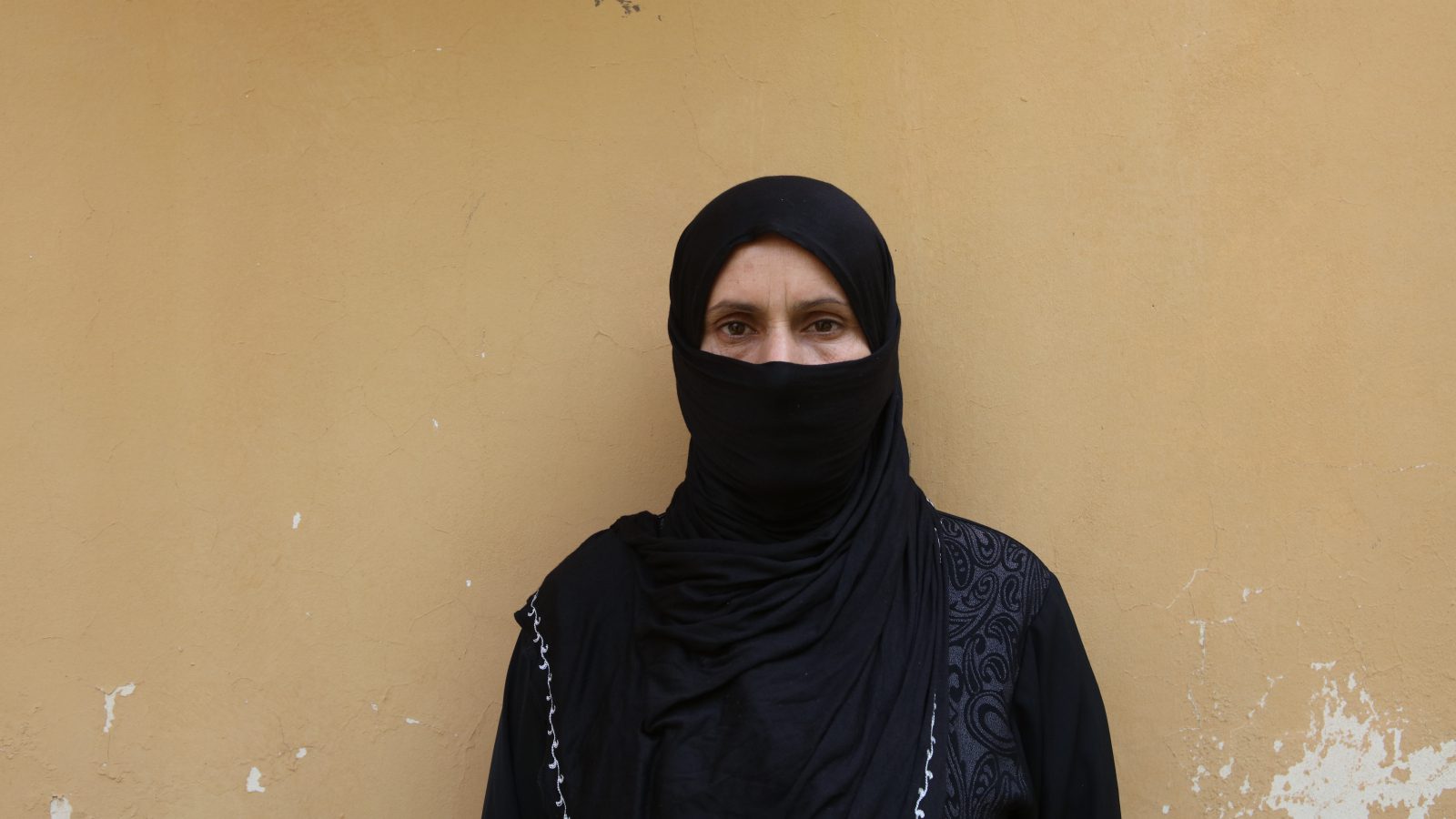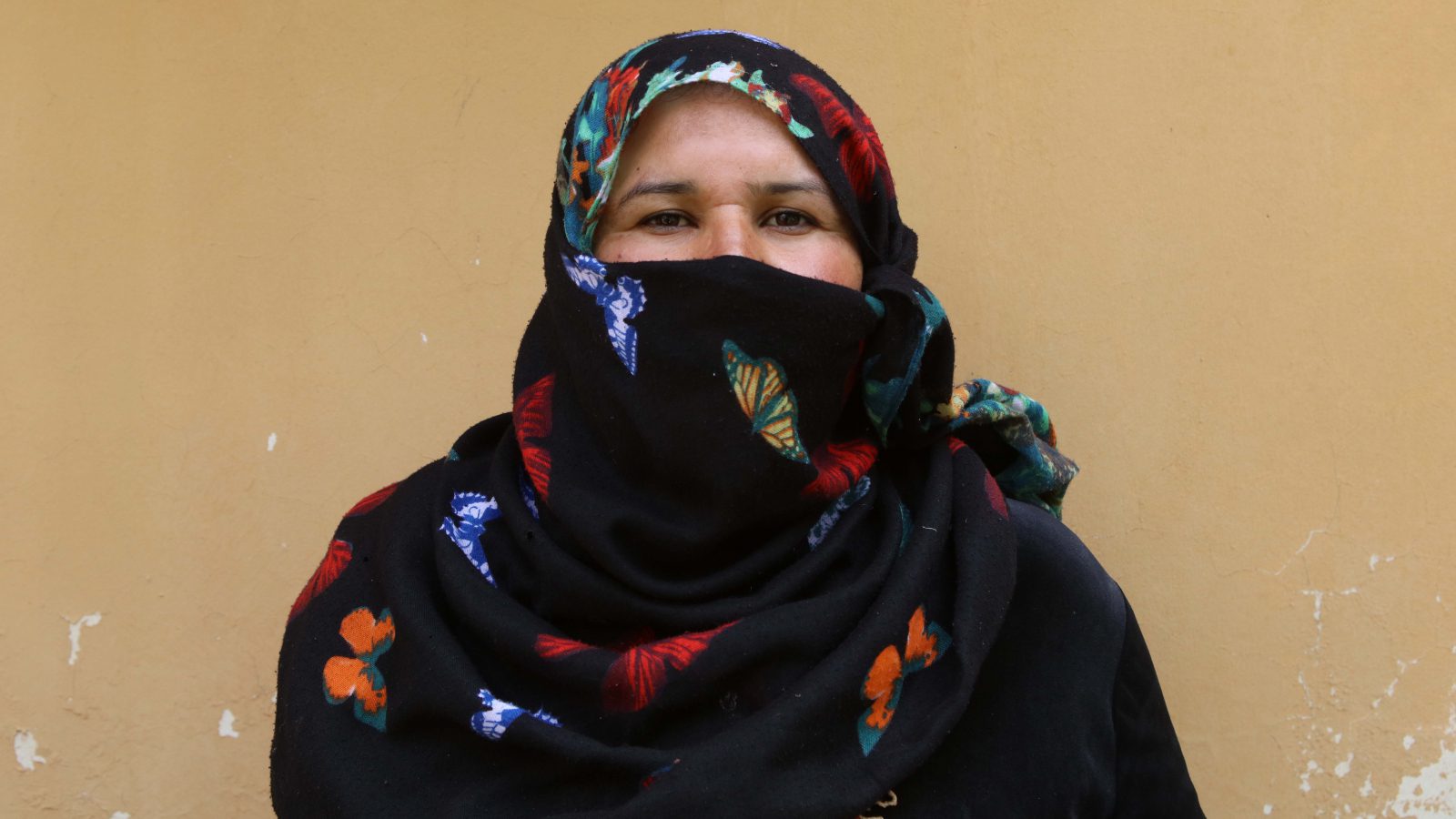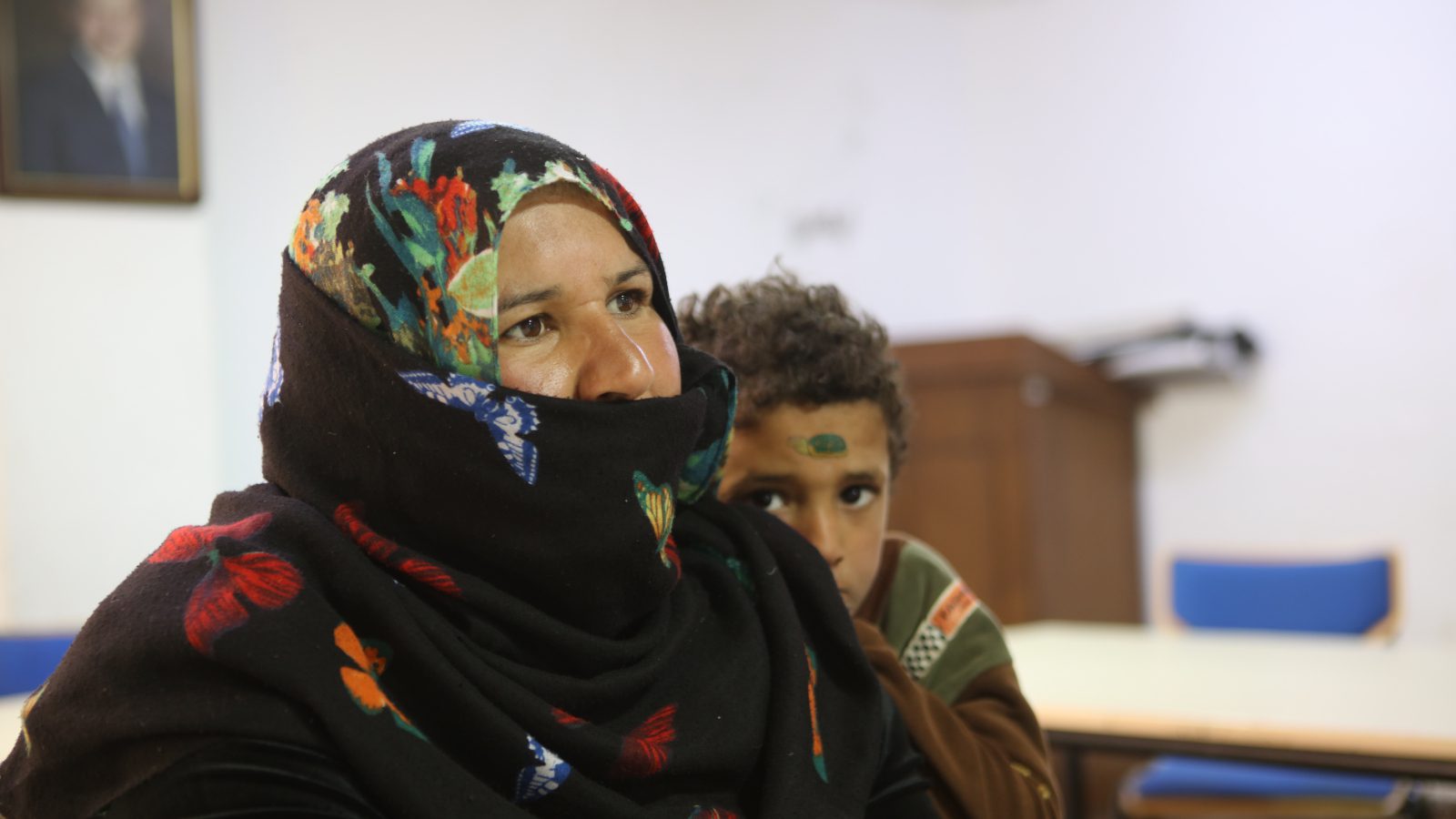Skills for the future: the ILO-MADAD training programme
For Syrians who fled the war in the past ten years, rebuilding a decent life in their host country has sometimes been strenuous. In addition to finding shelter, food and safety, they have had to struggle with the lack of employment opportunities and the stress pertaining to low incomes. As part of the ILO-MADAD training programme, which provides training and employment opportunities, the EU is supporting those families by giving them a chance to regain some of what they have lost.
Aysha Hassoun, who escaped Aleppo back in 2014, managed to find a job in agriculture and goat farming. “My daughter and son also work with me at a nearby strawberry farm owned by a Jordanian landlord, but they should be at school,” the mother of seven says. Even though she is very grateful for the opportunity to work, Aysha notes: “These are very hard tasks. We are paid JD1 (EUR 1,3) per hour.” A few weeks ago, she learned about the ILO-MADAD training programme, also called “Towards an inclusive national social protection system and accelerating decent job opportunities for Syrians and vulnerable Jordanians”. Led by the ILO and UNICEF in collaboration with the National Aid Fund (NAF), ILO-MADAD is funded by the EU Regional Trust Fund in response to the Syrian crisis or “EU Madad Fund”, and aims to support vulnerable Jordanians and Syrians in a journey from aid-dependence towards independence and self-efficacy. For Aysha, who is only 37 years old, joining this programme will be an opportunity to learn new skills and competencies that are relevant to the labour market. “This way, I can perhaps find a better job and make a better income,” she hopes. “I want a decent job and this training will help me get there. Plus, it will allow my son and daughter to go back to school!”
Regaining dignity
While her youngest son sits timidly besides her, Maryam Fandi recounts the difficult times she had to go through since she escaped Syria in 2011. “Life in AL Hasakah (in northeastern Syria) had become very dangerous so we had to leave behind what used to be a very good life,” the 30-year-old explains, noting that “our previous life was very different from where we are now.” Maryam now lives with her six children in Azraq camp (east of Amman), where conditions remain difficult, eight years after its official opening. Host to almost 100,000 refugees as of March 2022, Azraq has become the symbol of a protracted war and failure to solve the conflict. Like Maryam, many families still live in precarious situations. “We live in a tent as we cannot afford a normal house.” With a meager income of JD200 (EUR 260) per month, Maryam struggles to make ends meet. But, aside from a decent livelihood, what she really wants is to regain her dignity, and find “a decent job”. “I want to learn a skill here so I can find a job and help my family. I want an honourable job, not hard labour under the sun all day,” she stresses.
ILO-MADAD, improving livelihood
One of the core objectives of the ILO-MADAD programme is to contribute to improving the livelihood of vulnerable Jordanians and Syrians so that they can live in safety and dignity. Maryam, like Aysha and many others, have placed a lot of hope in this programme, which they see as a door to a brighter and safer future. By enhancing trainees’ employment and livelihoods prospect, the ILO-MADAD Graduation programme seeks to empower unemployed and economically inactive Jordanians and Syrian refugees who rely on cash assistance so that they can transition into decent employment and livelihoods. It operationalises an ambitious National Social Protection Strategy (NSPS) announced in 2019 by the Government of Jordan. Ultimately, the programme aims to create strengthened links between social protection and employment for Jordanian and refugee populations and enhanced outreach into the informal sector.
The EU and its Member States are the leading donors of international aid to those affected by the conflict in Syria. Since the start of the crisis in 2011, the EU has mobilised more than €25 billion to support the most vulnerable Syrians inside the country and across the region. The EU has organised, over 5 consecutive years, from 2017 to 2021, conferences supporting the future of Syria and the region. These have been the main pledging events for the Syria crisis. In 2021, the European Commission mobilised over €141 million in humanitarian aid to provide vital assistance to millions of people inside Syria. Adding to its initial allocation of €130 million, the Commission provided over €10 million to support people suffering from the severe water crisis and drought in northern Syria. The funding also helps support people throughout the winter. An additional €1 million was allocated for COVID-19 response.



























 Syria
Syria 





